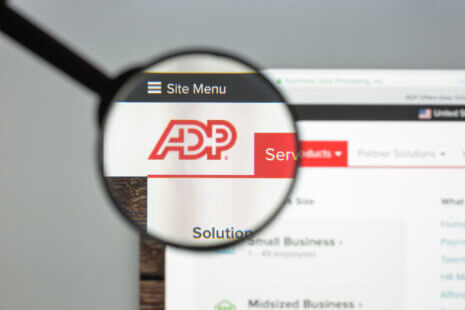A good payroll manager plays a critical role in an organization, ensuring that employees are paid accurately and on time while maintaining compliance with tax and labor regulations. Here are the key qualities and skills that make a good payroll manager:
- Strong Knowledge of Payroll and Tax Regulations:
- A good payroll manager has a deep understanding of payroll processes, tax laws, labor regulations, and compliance requirements at the federal, state, and local levels.
- Attention to Detail:
- Payroll involves precise calculations and data entry. Payroll managers must pay meticulous attention to detail to avoid errors in employee pay, tax withholdings, and reporting.
- Analytical Skills:
- Analytical skills are essential for reconciling payroll data, identifying discrepancies, and resolving issues promptly.
- Strong Organizational Skills:
- The ability to stay organized is critical for managing a high volume of payroll data and meeting deadlines for payroll processing, tax filings, and reporting.
- Communication Skills:
- Effective communication is vital for addressing employee inquiries, resolving payroll-related issues, and collaborating with other departments such as HR, accounting, and finance.
- Problem-Solving Abilities:
- Payroll managers should be adept at identifying and resolving payroll-related problems, including discrepancies, missed deductions, and tax issues.
- Mathematical Proficiency:
- Strong mathematical skills are essential for accurate payroll calculations, including gross-to-net calculations, tax withholdings, and overtime.
- Ethical Conduct:
- Upholding the highest ethical standards is crucial, especially when handling sensitive employee information and financial data.
- Adaptability:
- The payroll landscape may change, with new technologies and regulatory updates. Good payroll managers are adaptable and open to learning and implementing new systems and best practices.
- Knowledge of Payroll Software:
- Familiarity with payroll software and accounting tools is important. Proficiency in using these systems can streamline processes and reduce the risk of errors.
- Time Management Skills:
- Meeting strict payroll deadlines is essential. Effective time management helps ensure employees are paid on time and tax filings are submitted promptly.
- Leadership and Supervisory Skills:
- In larger organizations, payroll managers may lead a team of payroll professionals. Strong leadership skills are important for managing and developing staff.
- Data Security Awareness:
- Payroll managers must be vigilant about data security, implementing robust measures to protect sensitive employee information from unauthorized access or breaches.
- Employee-Focused:
- Good payroll managers prioritize employee satisfaction by ensuring accurate and timely payroll processing and addressing employee concerns professionally.
- Professional Development:
- A payroll manager must stay informed about regulatory changes and industry best practices through ongoing professional development.
- Budget Management:
- In some cases, payroll managers may be responsible for managing the department’s budget. Financial acumen is helpful for budgeting and resource allocation.
- Customer Service Orientation:
- Viewing employees and internal clients as customers and providing excellent customer service enhances the payroll manager’s reputation and relationships within the organization.
A good payroll manager combines these skills and qualities to ensure that payroll processes run smoothly, that employees are paid accurately and on time, and that the organization complies with all applicable laws and regulations. Their role is vital to maintaining employee satisfaction and organizational success.




